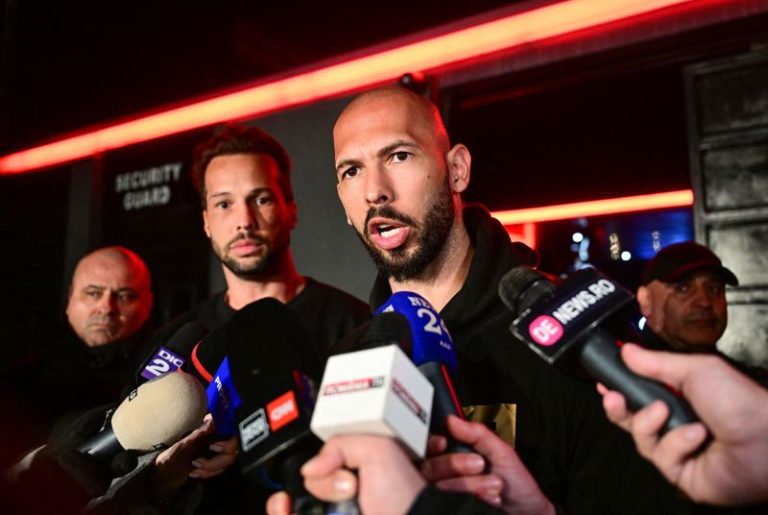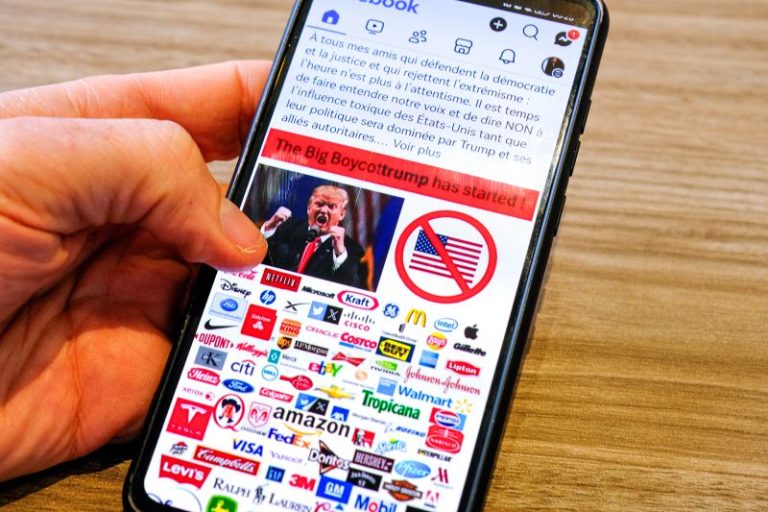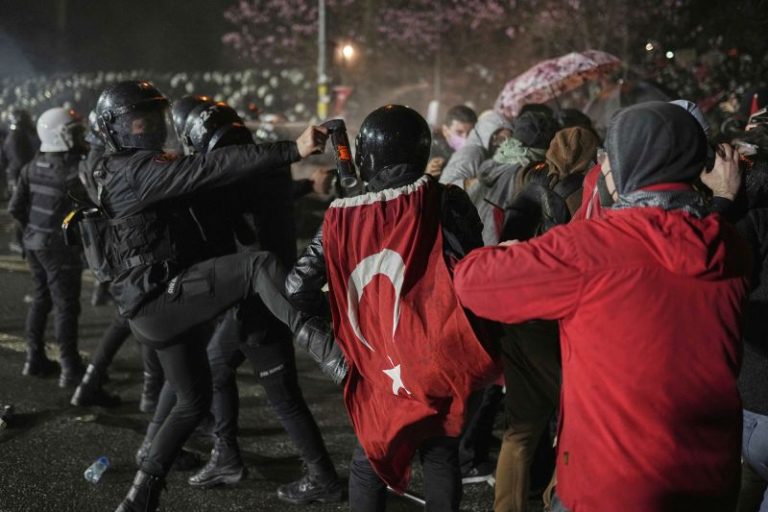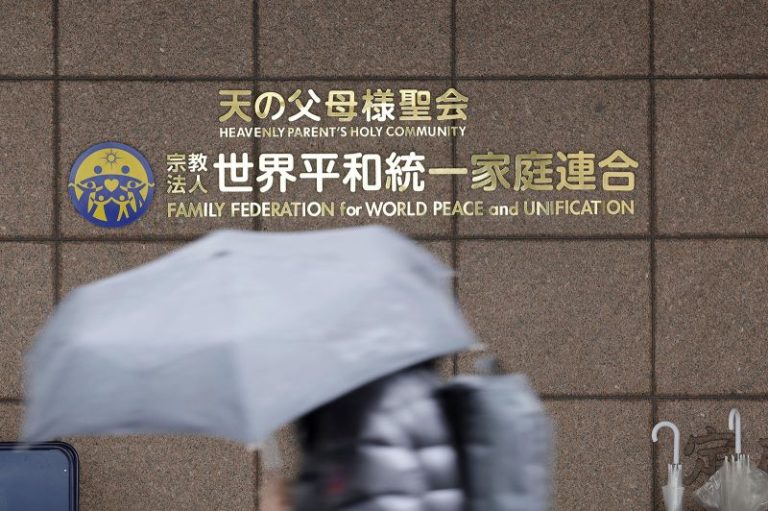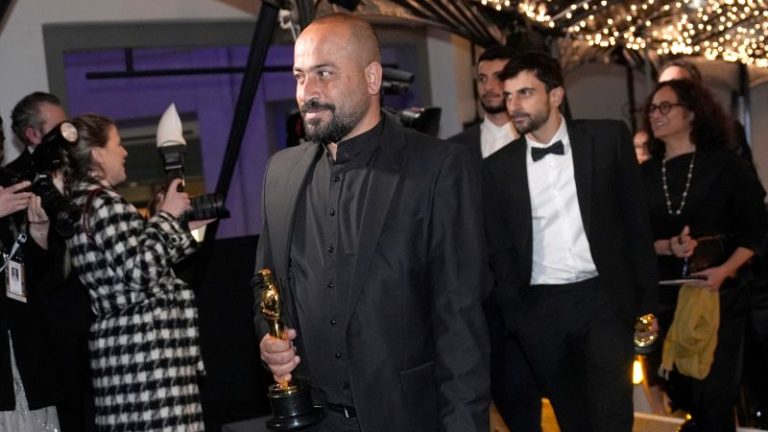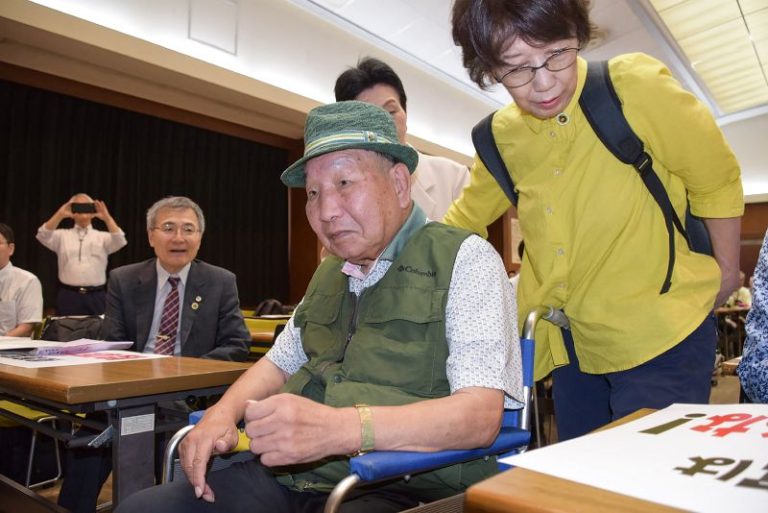DoorDash and Klarna are joining forces to let users pay for meal deliveries with installment loans, calling it “essential to meeting our customers’ needs.” Not everyone sees it that way.
The announcement has drawn a flurry of criticism on social media, less directed at the companies themselves than questioning what the need to use a “buy now, pay later” service for food orders says about the increasingly debt-ridden economy.
“Eat now, pay later? A credit apocalypse is coming,” an X user wrote Thursday when the partnership was announced.
Another X poster used a photo of a forlorn-looking Dave Ramsey, the personal finance pundit, with the caption, “what do you mean you have $11k in ‘doordash debt’.”
Others whipped up “Sopranos” memes, quipping about “DoorDash debt collection outside your door because you missed a Chipotle payment.”
The economic commentator Kyla Scanlon said in a social media video that the deal was another example of the “gambling economy.”
“We have memecoins, sports betting — we love a good vice in the United States, and we can do it completely frictionless,” she said. “We don’t even have to put on pants. Just app it to you and worry about everything else later.” She added that “there are real winners and losers” in business models that monetize not just convenience but “impulsivity.”
Klarna, which is preparing for an initial public offering, is among the BNPL providers that have surged into virtually all corners of the consumer economy since the pandemic, such as Afterpay, Affirm and Sezzle.
The lightly regulated financial services give users a variety of ways to pay for purchases; among the most popular are short-term loans that can typically be repaid in several interest-free installments. The companies make money by charging users for late or missed payments and merchants for the ability to offer BNPL loans at checkouts.
DoorDash said customers will be able to use Klarna for many types of purchases on its platform, not just small-dollar food deliveries. They can pay in full up front, in four installments or else later on, “such as a date that aligns with their paycheck schedules.”
A Klarna spokesperson acknowledged the online pushback but said any form of borrowing for food purchases is potentially concerning, depending on the circumstances.
“If people are in a situation where they feel like they have to put their food on credit, that’s a bad indicator for society,” the spokesperson said.
Still, many people make “a rational decision” to use BNPL services to help manage their money, the spokesperson said, adding that the new features would be available only for DoorDash purchases of at least $35 — a few dollars more than the platform’s average order as of last March. “Wherever high-cost credit cards are accepted, consumers should be able to choose a zero-interest credit product, instead.”
Indeed, industrywide data shows the short-term loans have become a routine feature of many consumers’ wallets, particularly among young adults coping with inflation and with average credit card interest rates still near 20%.
The BNPL explosion coincides with record debt levels and mounting consumer pessimism. Total household debt exceeded $18 trillion at the end of last year, according to the Federal Reserve Bank of New York, with credit card balances comprising a record $1.2 trillion of that sum. Consumer sentiment fell this month to its lowest level since 2022, and borrowers’ expectations for missing debt payments in the next three months hit their highest level since 2020, the New York Fed found.
A spokesperson for DoorDash didn’t comment on the criticism of its partnership with Klarna, saying their collaboration “provides even more flexibility, control and options.” The delivery service noted that its users can already pay with Venmo and CashApp, as well as government aid, including SNAP benefits. Klarna is already available on the grocery delivery platform Instacart, and it recently replaced rival Affirm as Walmart’s exclusive BNPL partner.
Much of the concern over BNPL has focused on the potential effects on borrowers’ credit histories, which largely still don’t reflect use of the services despite years of discussions with credit-reporting bureaus to change that. Yet a study released last month by Affirm and the credit-scoring firm FICO showed most consumers with five or more Affirm loans saw no real downside to their credit scores, some of which actually increased. And consumers consistently rate BNPL products favorably in surveys. Last year, 89% of borrowers told TransUnion they were either satisfied or very satisfied with the services.
But personal finance experts and consumer advocates say the qualms kicked up by the DoorDash-Klarna deal reflect real financial risks.
“Making four payments to cover three tacos on Tuesday sounds complicated because it is,” said Adam Rust, director of financial services at the Consumer Federation of America, an advocacy group. “I wouldn’t characterize this as a solution. It is a fintech innovation that creates problems.”
Not only might users face Klarna’s own late fees, he said, but “once customers consent to repay with automatic debits, they risk additional overdraft fees” from their banks.
Rust also highlighted recent work by the Consumer Financial Protection Bureau that remains in jeopardy or has been stopped altogether as the Trump administration defangs the agency.
The CFPB recently granted BNPL customers more ability to dispute charges and get refunds, but with staffers ordered to stop all enforcement activity last month, former employees and consumer advocates believe the rule has been rendered moot. A trade group representing fintech businesses, including some BNPL lenders but not Klarna, asked the Trump administration this month for an exemption from a law scheduled to take effect next week requiring certain lenders to verify borrowers’ ability to repay loans before they front them money.
Financial planners have long cautioned clients against budgetary strains from BNPL overuse. Even some borrowers themselves who’ve spent heavily with the services have begun warning others of their risks, saying they make it easy for cash-strapped users to rack up debts that are tough to pay off.
“Eat now, pay later is an awful trap,” Douglas Boneparth, president of Bone Fide Wealth, an advisory firm focused on millennials, wrote on X last week. “If you need to borrow to have a burrito delivered to you, you are the product. Nothing more.”



